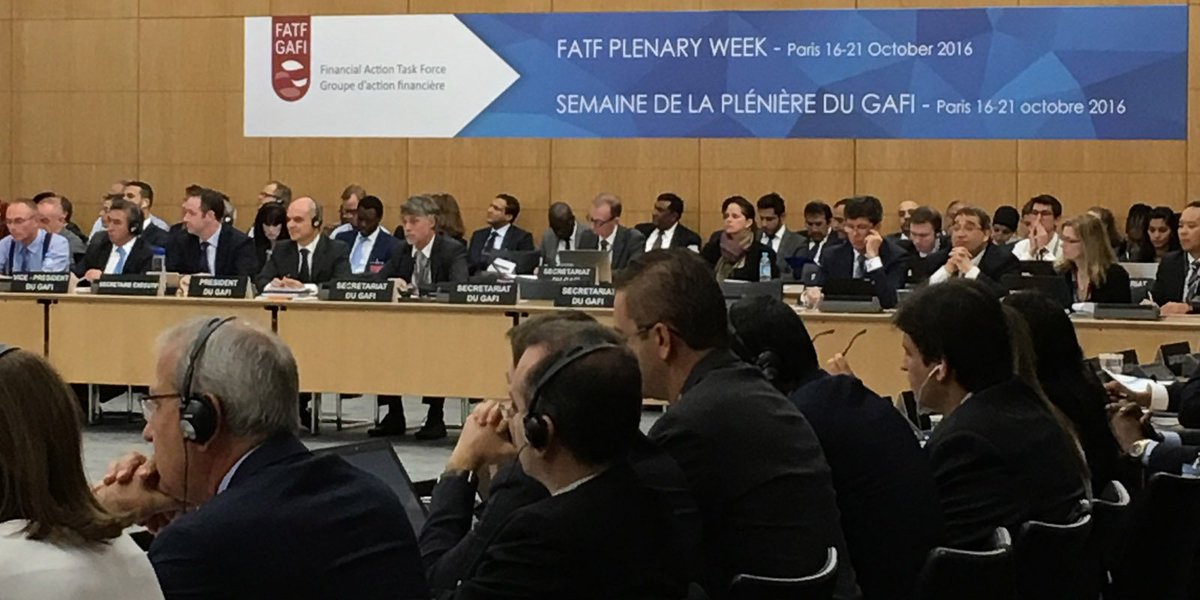FATF updates virtual asset guidance and launches public consultation
FATF published its revised guidance for virtual assets and VASPs. It clarifies the position of stablecoins, unhosted wallets, decentralised services, P2P transactions & the travel rule.

On 19 March 2021, the Financial Action Task Force (FATF) launched a public consultation on its draft revised guidance on virtual assets (VAs) and virtual asset service providers (VASPs). The updated guidance sets out new requirements, amends existing ones, and adds clarity to the 2019 version, which it will supersede.
The FATF is the inter-governmental body that sets global standards for anti-money laundering (AML), countering the financing of terrorism (CFT), and countering the financing of proliferation of weapons of mass destruction (CFP). Virtually all countries around the world implement FATF’s AML/CFT/CFP standards.
The consultation period closes on 20 April 2021. The updated guidance is expected to be adopted at the FATF’s June plenary session.
In October 2018, the FATF clarified that VAs and VASPs are in scope of its 40 Recommendations. Almost three years on, countries are at different stages of implementing regulatory regimes for VAs and VASPs. In 2020, the FATF undertook an assessment of the level of application of its standards to VAs and VASPs, and found that further guidance was required.
The proposed revision expands on the definitions of both VAs and VASPs, and explains that interpretation is meant to be expansive. The FATF expects all assets to be either VAs or financial assets, leaving no gap between the two. It does not envision very many VA arrangements able to operate without VASP involvement at some stage.
The new guidance clarifies the position of stablecoins, unhosted wallets, decentralised services, P2P transactions & the travel rule
Several areas are singled out for specific mention, some in considerable detail, including stablecoins, peer-to-peer (P2P) transactions, unhosted wallets, counterpart VASP due diligence, anonymity-enhanced cryptocurrencies, decentralised exchanges and smart contracts. Central bank digital currencies (CBDCs) are squarely outside the scope of the VA definition, although FATF notes that its standards applicable to fiat currency also apply to CBDCs.
Assets and functions within scope include, in effect, all stablecoins and stablecoin governance bodies, most VA issuers, and many P2P platforms, some matching and finding services, those who launch and deploy decentralised services, and anyone receiving fees, commissions, spreads or other benefits from VASP services including those who realise profits through direct or indirect gains.
Those confirmed as being outside scope include anyone engaged solely as a miner or validator, hardware wallet manufacturers, cloud service providers, unhosted wallet software providers, websites enabling buyers and sellers to identify and communicate with one another, merchants, and individual users.
There is guidance on when software developers are considered VASPs and when not. If a developer deploys a program whose functions are that of a VASP, then that developer may be deemed a VASP.
Options for countries to ban or restrict the use of unhosted wallets are set out, as well as details on imposing enhanced scrutiny and limitations on VASPs dealing with unhosted wallets.
The updated guidance expands significantly on the travel rule requirements, under which VASPs are required to submit required information to counterpart VASPs concerning originators and beneficiaries of transactions. There are also details on the information that must be collected and held when transactions are below the de minimis travel rule threshold.
If you would like more information on the proposed changes, please subscribe for our FATF explainers or register for the first of our webinar briefings on 24 March 2021, covering the updated guidance and its implications.
To discuss the FATF’s Recommendations as they apply to VAs and VASPs, please contact Ana James at ana@xreg.consulting.


